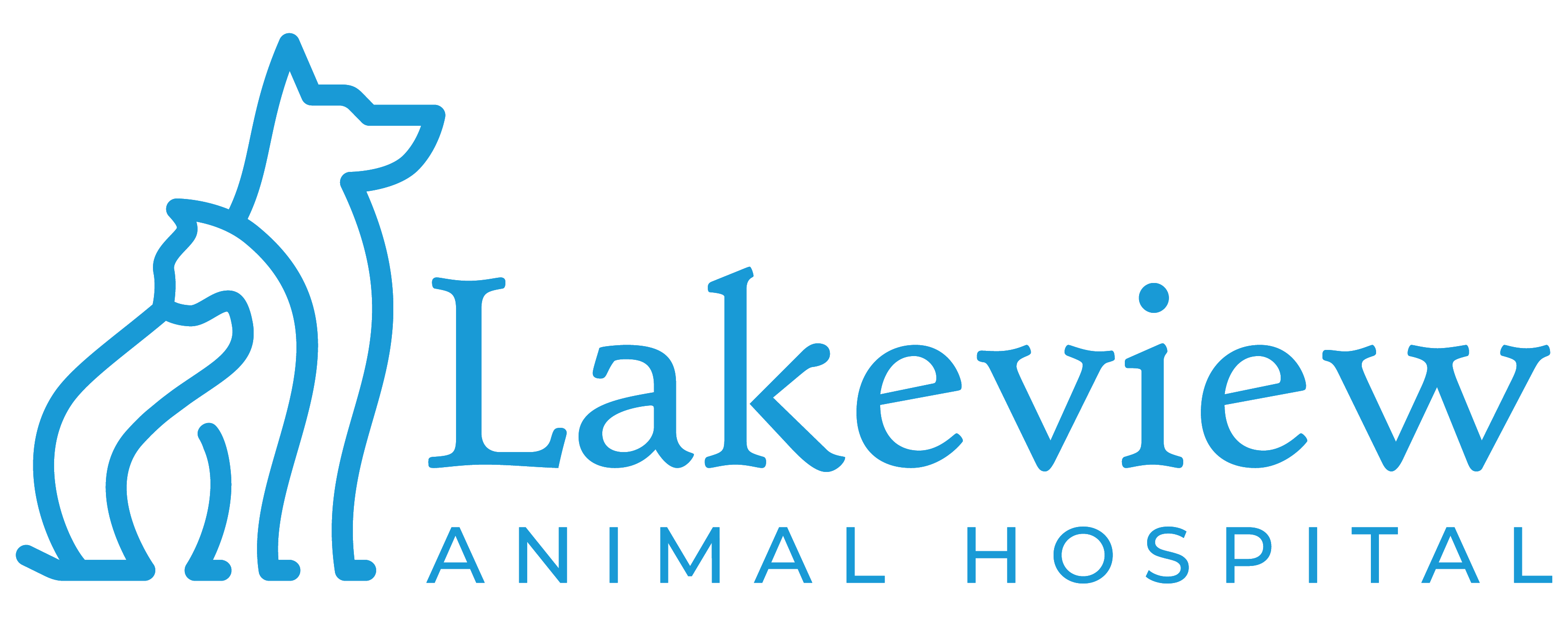Educational Articles
-
Fluocinolone + acetonide DMSO (brand name Synotic®) is applied topically and is labeled to treat ear inflammation in dogs. It is also used off-label to treat ear infections in cats. Give as directed. Side effects are rare but may include temporary hearing loss or skin reactions. Do not use on pets allergic to corticosteroids or DMSO, on pets with a ruptured ear drum or pets that are pregnant.
-
Fluoroquinolone topical formulations are used to treat bacterial infections. They are used off label to treat external ear infections by topically applying the medication directly to the ear canal. Side effects may include increased redness or inflammation and should be discontinued and call your veterinarian if this occurs.
-
Fluoxetine is given by mouth and is used on and off label to treat various behavioral conditions. Common side effects include sleepiness and decreased appetite. If a negative reaction occurs, call your veterinary office.
-
Fluralaner is given by mouth or applied topically and is used to treat flea and tick infestations, and also off-label to treat certain types of mange and mites. Give as directed. Side effects are uncommon but may include stomach upset or neurologic symptoms. Do not use in pets with a history of seizures. If a negative reaction occurs, please call the veterinary office.
-
Fluticasone propionate (Flovent) is commonly used off label to treat asthma and other chronic tracheobronchial diseases. It is administered as an inhaled medication via an aerosol canister and a delivery device. Side effects are uncommon but include upper airway irritation or infection. This medication should not be used during an acute bronchospasm.
-
Successful airline travel with a cat begins long before the day of travel. Do your homework with the airlines. Acquire your cat's travel carrier well before your trip to allow her to become comfortable with it. Schedule a visit with your veterinarian close to the date of travel. Consult your veterinarian to create the best travel plan for your cat if she does not travel well. With some advance planning, attention to detail, and consultation with your veterinarian, flying with your cat can be a great experience.
-
A focal seizure refers to an abnormal electrical activity surge confined to a specific area of the brain. Fly-biting seizures are a type of focal seizure in which a cat snaps at the air like she is biting at invisible flies. Although the only way to definitively determine that fly-biting and other suspected focal seizures are caused by seizure activity is through an electroencephalogram (EEG), this test is often impractical due to the unpredictable nature of the seizures. The same anti-epileptic medications used for generalized seizures are typically used in managing focal seizures.
-
Folic acid is given by mouth or injection and is used to treat folic acid deficiencies due to intestinal or pancreatic disease, or due to the use of certain medications. Give as directed by your veterinarian. Side effects are not common but may include stomach upset. Do not use in pets with a known sensitivity. If a negative reaction occurs, please call your veterinary office.
-
Follicular conjunctivitis is an eye condition that primarily affects young dogs, under 18 months of age. Follicular conjunctivitis is often caused by allergens, such as dust, grass, and weeds. Mild cases of follicular conjunctivitis do not require treatment. If your dog’s eye is uncomfortable, treatment may include saline rinses, topical steroids, and possible debridement.
-
Overweight cats have an increased risk of many health conditions, including diabetes, arthritis, high blood pressure, and some forms of cancer. This article reviews the components of a strong weight loss plan and includes tips for success to discourage begging and help promote healthy weight loss in cats who live in a multi-cat household.

